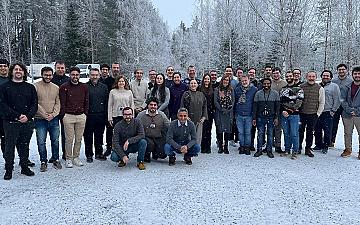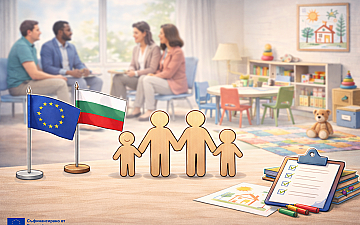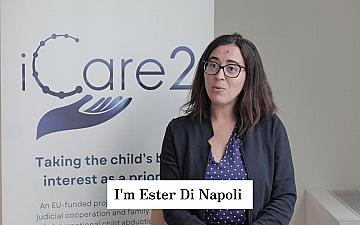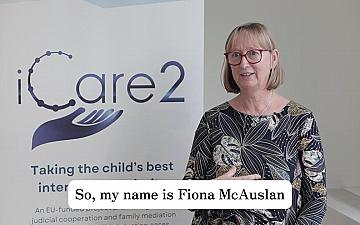Bulgaria reports record low numbers of occupancy of its refugee centres, but problems remain with finding and keeping employment of refugees and migrants. MIICT interviewed a number of NGO and subject matter experts, service providers and beneficiaries themselves and they talked about ways of finding a job and the difficulties third country national workers experience, such as prejudice and discrimination and discrepancies between the expectations of foreigners and what the labour market offers. With these and other factors in mind, although the country lacks an overall ‘integration trajectory’ to offer to migrants, Bulgarian stakeholders undertake various initiatives to facilitate refugee and migrant employment. These are supplemented by a plethora of studdies, which, among others, recommend the private sector to take an active role in employing and training refugees, while its efforts should be more visible as way to overcome fear and prejudice. Institutions are recommended to invest in informing firms about employing refugees and collecting systematic information about foreign job seekers (Iliev, 2017).
Consultations are offered both by institutions like the State Agency for Refugees (as part of preparing refugees’ integration profiles) and the Employment Agency, and by NGOs, especially those specialised in integration, such as Caritas Sofia and the Bulgarian Red Cross. Consultations aim at preparing foreigners’ job application documentation, advising them on job interviewing and employment issues. The Employment Agency also administers a Programme for Employment and Training of Refugees.
Job fairs are another popular form of facilitating migrants’ employment. Organised by entities like UNHCR Bulgaria, CVS Bulgaria, Caritas Sofia, the Council of Refugee Women and socially oriented recruitment agencies like Catro Bulgaria, they gather representatives of businesses and job seekers of foreign origin and try to match the former’s needs and expectations and the latter’s skills and needs.
Various co-ordination mechanisms between migration institutions and organisations also look at preparing and regularly updating lists of employers ready and willing to hire refugees and migrants and match them with the profiles of people whose cases they manage. Those co-ordination mechanisms also attempt to build a bridge towards education institutions in order to recognize refugees’ qualifications and place them at higher skilled jobs. A number of social entrepreneurship initiatives also play a vital role in facilitating refugee and migrant employment. Initiatives are complemented by the efforts to create a Bulgarian Diversity Charter.
The project is implemented with the support of the H2020 Research and Innovation programme of the European Commission under Grant Agreement No 822380.








